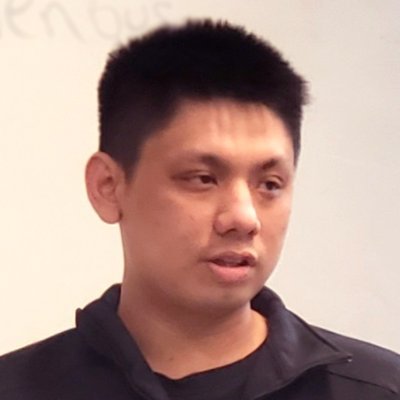Fellows Spotlight: Xinzhou Guo

Research focus: Developing novel methods to analyze subgroups within clinical studies, which will help inform precision medicine efforts to better predict, treat, and manage diseases.
My name is Xinzhou and I am interested in developing new ways to more effectively analyze clinical trial data. Before my time at CRS, I completed my PhD at the University of Michigan in Statistics, and before that I completed my bachelor’s degree at Peking University in China. My current research is focused on developing statistical methods for the analysis of clinical data for pediatric patients. Following my time at CRS, I will join the Hong Kong University of Science and Technology as an assistant professor. My advice for anyone interested in exploring regulatory science is to start by reading guidance and regulatory documents from relevant regulatory agencies, such as the FDA.
MORE ABOUT XINZHOU:
1. Can you describe your background and where you came from before this fellowship?
I completed my PhD in Statistics at the University of Michigan, and, previously, I got my bachelor’s degree at Peking University in China.
2. Why did you choose to pursue this fellowship opportunity?
The fellowship provides a unique opportunity for me to interact with outstanding researchers and to work on fantastic projects guided by excellent mentors.
3. What was the focus of your research during the fellowship, and what did you learn?
My main research focus is to develop new statistical methods to facilitate evidence generation for pediatric patients. Through my time here, I’ve learned that the current assessment framework for pediatric drug is complex, and we statisticians can help accelerate the delivery of effective drugs to children in need by appropriately utilizing the data.
4. What is your favorite memory from your time at CRS?
CRS has provided a lot of opportunity for fellows to interact with researchers from different backgrounds. In particular, I have really enjoyed the monthly regulatory science seminars at CRS, where I’ve gotten to interact with speakers from a variety of backgrounds as they share different views on regulatory science.
5. What advice do you have for someone just getting started in the regulatory science field?
Reading guidance and regulatory documents from relevant regulatory agencies (e.g. FDA) is very helpful.
6. Can you describe a challenge you have faced and what you learned from it?
As a quantitative researcher working on regulatory science, effectively digesting literature beyond quantitative fields has been a challenging but important skill.
7. What are you doing next?
Following the end of my fellowship, I will join the Hong Kong University of Science and Technology as an assistant professor.

